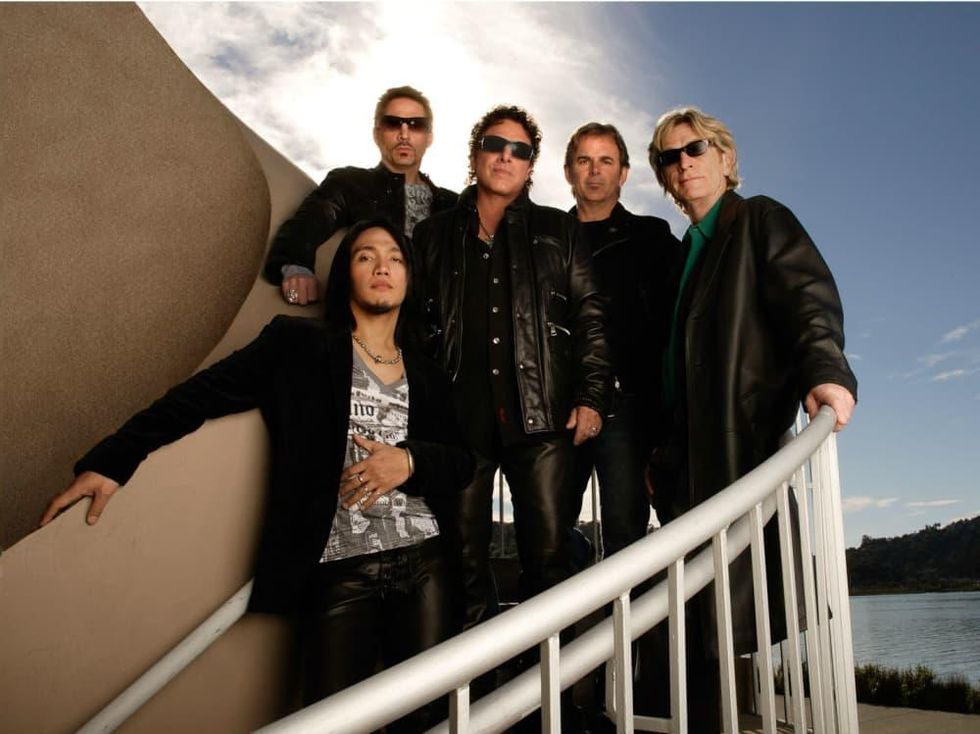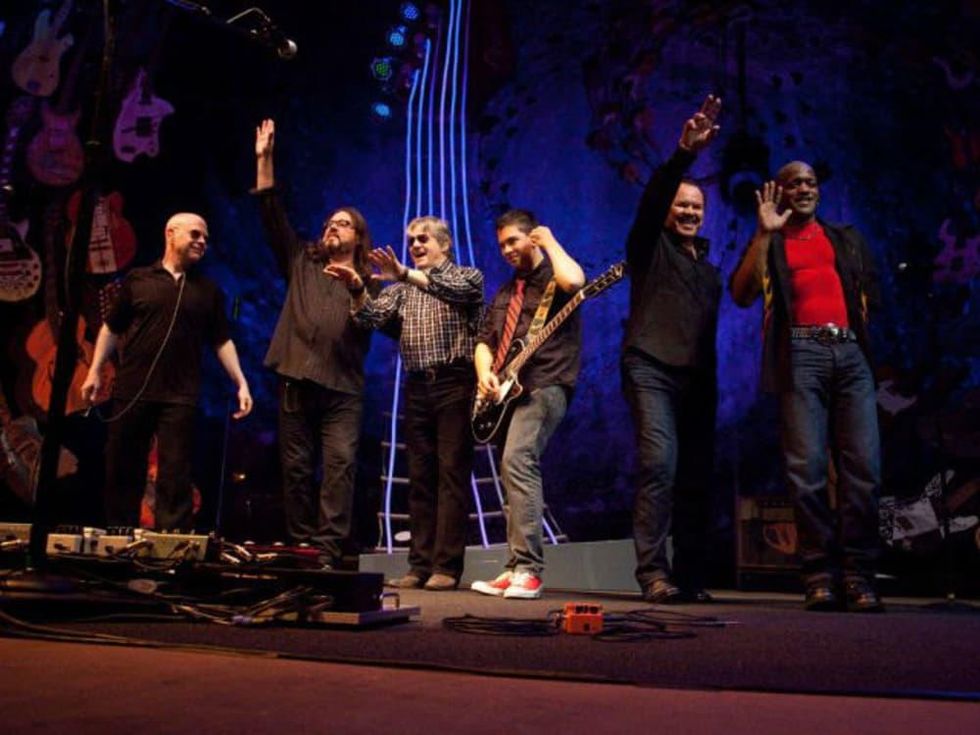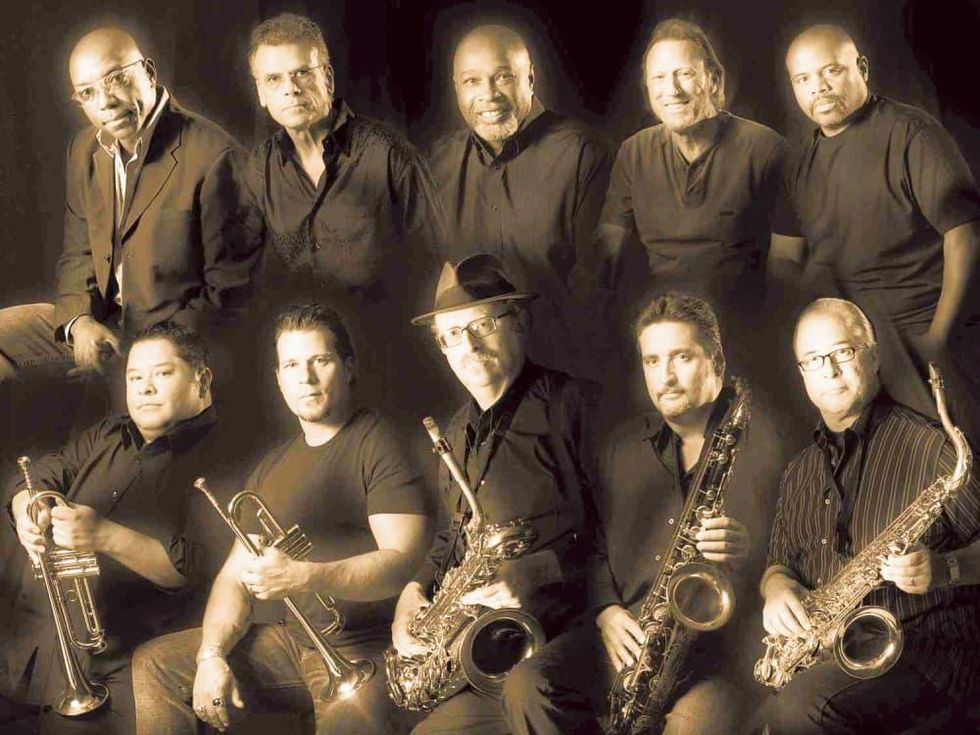'70s Rock Lives
Don't stop believin': Journey and Steve Miller Band co-headline new tour with Dallas stop
If your idea of heaven is 1970s-era rock music originating from the San Francisco Bay area, you're about to reach nirvana: Journey is teaming up with the Steve Miller Band and Tower of Power for a 38-city tour in 2014, including a stop at Gexa Energy Pavilion on May 25.
Journey's popularity has ebbed and flowed over the years, reaching a peak in the late '70s and early '80s thanks to hits like "Lights," "Any Way You Want It," "Who's Crying Now" and "Don't Stop Believin'."
The band's current line-up, including new lead singer/Steve Perry sound-alike Arnel Pineda, has been in place since 2007 after the interest in the band peaked following the use of "Don't Stop Believin'" in the finale of The Sopranos. They've released two well-received albums since then, the latest being 2011's Eclipse.
The Steve Miller Band, who just headlined their own show at Verizon Theatre in Grand Prairie in September, are even more rooted in the '70s despite having released two new albums in the past three years. In fact, 2013 marks the 40th anniversary of arguably their most famous song, "The Joker."
Tower of Power doesn't have quite the same name recognition as the other two bands, but the R&B band is famous for its horn section and has been a mainstay since the late '60s.
Tickets for most dates on the tour, which will also make stops in Houston and San Antonio, go on sale starting Friday, November 22.



